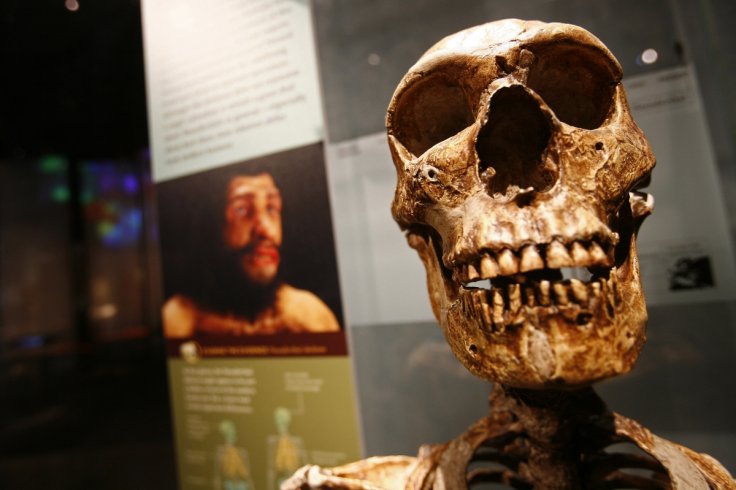
A new study led by Prof Vanessa Hayes, a geneticist at the Garvan Institute of Medical Research in Sydney, has apparently discovered the ancestral home of modern humans. In their study report, researchers revealed that the initial ancestral home of humans was a wetland that existed in what is now Botswana. As per the study report, these founding ancestors initially left the area around 130,000 years ago.
The research report published in the Journal Nature suggested that homo sapiens started thriving in the swathe of land south of the Zambezi River before 2,00,000 years, and continued living there for at least 70,000 years. These ancestral humans continued in this region until a shift in the climate, driven by changes in the Earth's tilt and orbit happened.
"We have known for a long time that modern humans originated in Africa and roughly 200,000 years ago, but what we hadn't known until this study was where exactly," Vanessa Hayes told the Guardian. During the study, researchers used mitochondrial DNA, which usually gets passed down from mother to child, and determined the oldest known maternal lines of humans. Before making this conclusion, experts who took part in this study analyzed 1,217 mitochondrial DNA. It should be noted that all of the DNA used for the study were from people living in Southern Africa today.
However, in contradiction with these findings, another study published in the journal Trends in Ecology & Evolution revealed that early human ancestors were not confined to a particular region, but were scattered around the entire African region. This study report also suggested that homo sapiens were physically and culturally diverse since the beginning of the human race.
Another study conducted by researchers at the University of Cologne had suggested that climatic changes have marked the fall of Neanderthals and the rise of human beings. In their study report, researchers also noted that Neanderthals were actually the most dominant species in Europe around 350,000 years ago.









